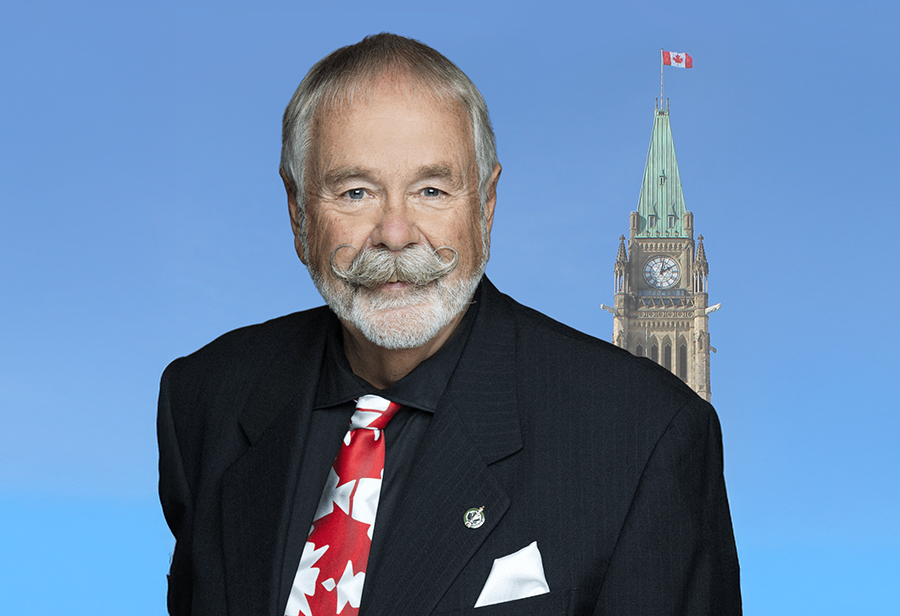Conservative MP Martin Shields discusses looming US tariff threats
John Watson,
Local Journalism Initiative Reporter
Martin Shields, MP for the Bow River Riding, spoke recently regarding the ongoing threats of significant tariffs across the Canadian and United States borders.
On Feb. 1, United States President, Donald Trump implemented a 25 per cent tariff on imports from Canada, and a 10 per cent tariff on Canadian energy resources.
Since then, tariffs on Canadian steel and aluminum are set to be levied, taking effect March 12, and automotive tariffs are planned to be imposed as of April 2.
Additionally, sweeping reciprocal tariffs are being threatened to see imposition over the coming weeks in response to Canada’s retaliatory tariffs.
“There is two parts to addressing (the situation). One is, you hear a lot about the trade barriers within Canada, and we have significant (barriers) … anywhere from 15 to 20-some per cent of a trade barrier that we all have inside of our own country, which you’ve heard one minister say we can get rid of all those within a month. That is not going to happen,” said Shields. “Western Canada, these four provinces have done a lot to reduce tariffs, basically because of regulations between provinces – still there are barriers between them and it has a lot to do with the regulations in different provinces on different types of things.”
Shields cited within Canada, it takes a significant amount of time for a doctor, as an example, to move from New Brunswick to Alberta and get through each of the respective regulatory steps to do so. Truck drivers, he cited, must also follow different respective regulations in each province based on local driving and transport laws.
Regarding the American side of the situation, Shields explained the approach to it is quite different than what would be required to reduce barriers between provinces.
“You need to understand what the Americans want, what Trump wants, and be able to respond appropriately by two ways. One, you need to be able to use the diplomatic connections you have had, and the Conservatives have had for many years, many diplomatic relationships with people elected in the US, Alberta has an office in Washington, those people have been working continuously and building relationships,” he said. “Secondly, you need to talk about if they do go this way, what is our opposite reactions that we do? Do we want to be in a trade war? What does a trade war mean? If you are getting into a tariff war, what are the repercussions for industries? I have met with several industry people in this riding, and if those trade barriers go up from the US, those industries are gone.”
Metal manufacturing in Strathmore, he added would be one such industry which would directly become under threat.
Cattle and beef products, and assorted other packaged meats are also among products which frequently pass back and forth across the border which would see significant impending local impacts.
“The oil and gas sector when they talked it to 10 per cent, it is not as severe. When you are talking 25 per cent though on the rest of them, this is problematic. I have talked to businessmen who said they will be closing their doors. They just can’t survive a US tariff of 25 per cent on the things they use to make products with,” said Shields. “Also (those) in the (agriculture) industry growing specific types of crops that they send across the border, seed potatoes, seeds from other kinds of crops that are exported, they are just not competitive if they had to face a 25 per cent tariff going across the border to the US.”
John Watson,
Local Journalism Initiative Reporter
Strathmore Times






